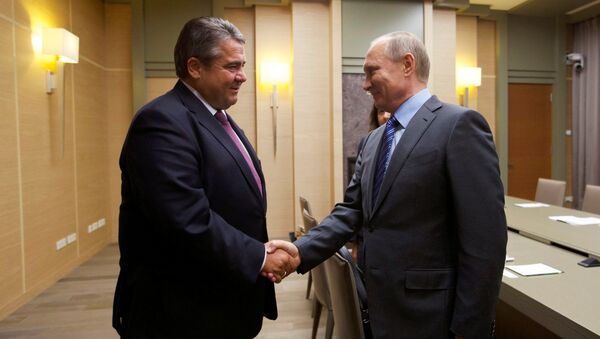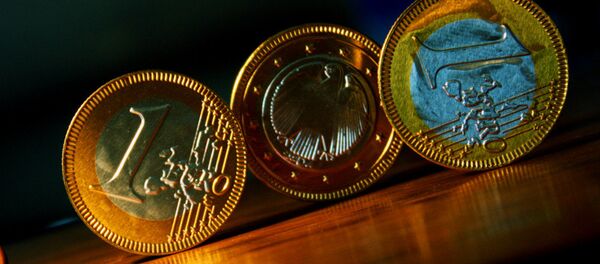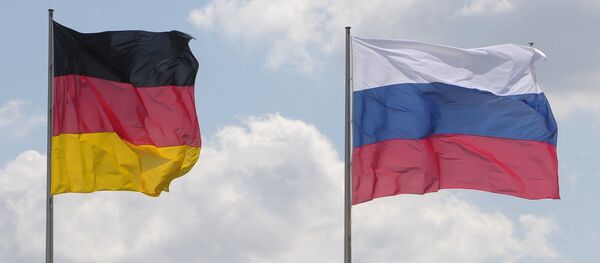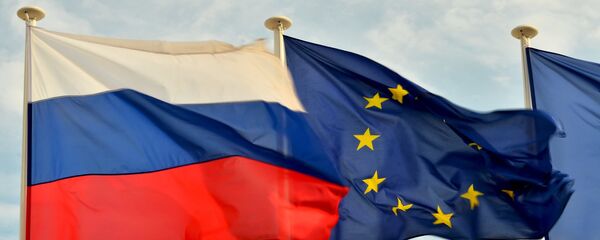"Isolation and confrontation are not sensible policy and don't offer anything," Gabriel said prior to his visit.
During the course of his visit Gabriel met with Russian President Vladimir Putin, and the leaders discussed bilateral economic relations, and the regulation of crises in Ukraine and Syria.
"Germany remains one of our most important trading partners. Unfortunately trade between our two countries is falling at the moment, but we are taking certain measures and in any case, we are now making efforts from both sides. I know that 'Russia Day' was recently held Rostock, in which more than 600 German and Russian business representatives took part," Putin told Gabriel.
Hans-Henning Schroeder, editor of the "Russlandanalysen" online magazine, told German news outlet Deutsche Welle that while Gabriel's trip to Moscow is intended to improve economic relations, politics is closely linked.
"These aims (political and economic) are inseparable. It is necessary to improve and restore economic links, which in turn creates a favorable platform for a turnaround in political relations," Schroeder said.
Schroeder pointed out that Gabriel's trip to Moscow follows those of Christian Social Union (CSU) leader Horst Seehofer in February, and Foreign Minister Frank-Walter Steinmeier, who met with Putin and Russian Foreign Minister Sergey Lavrov in March.
Seehofer's Bavaria-based CSU is the sister party of Angela Merkel's Christian Democratic Union (CDU) party. The CDU and CSU govern Germany in coalition with the Social Democratic Party (SDP), led by Gabriel.
The Russian President decided to meet with the CSU leader after he was invited to Moscow by the city's mayor Sergey Sobyanin. Sobyanin and Seehofer agreed to develop deeper economic and cultural relations between Bavaria and the Russian capital, where over 850 Bavarian firms have operations.
Schroeder said that in Germany, Seehofer's meeting with Putin was interpreted in Germany as a political signal for German Chancellor Angela Merkel.
"Firstly, this means that Germany remains an important partner for Russia, also because of its role in the EU. Secondly, Putin wants to highlight that he is interested in dialogue with the German government, that the phase of confrontation is over and that he wants to find a way out of the standoff. Thirdly, Putin has consciously met with Merkel's potential rival, and in doing so raised his rating."
According to protocol, Sigmar Gabriel's counterpart is Russian Prime Minister Dmitry Medvedev. By offering the minister a presidential meeting, Moscow is demonstrating its willingness to restore bilateral relations, Schroeder said.
German politicians are keen to come to Moscow and explore the ground for Angela Merkel, the analyst said.
"For both leaders (Merkel and Putin), it is clear that government meetings are not bringing the desired results at the moment. But the Minister for Economic Affairs (Gabriel), of course, can travel to Russia and do some reconnaissance," Schroeder explained.






